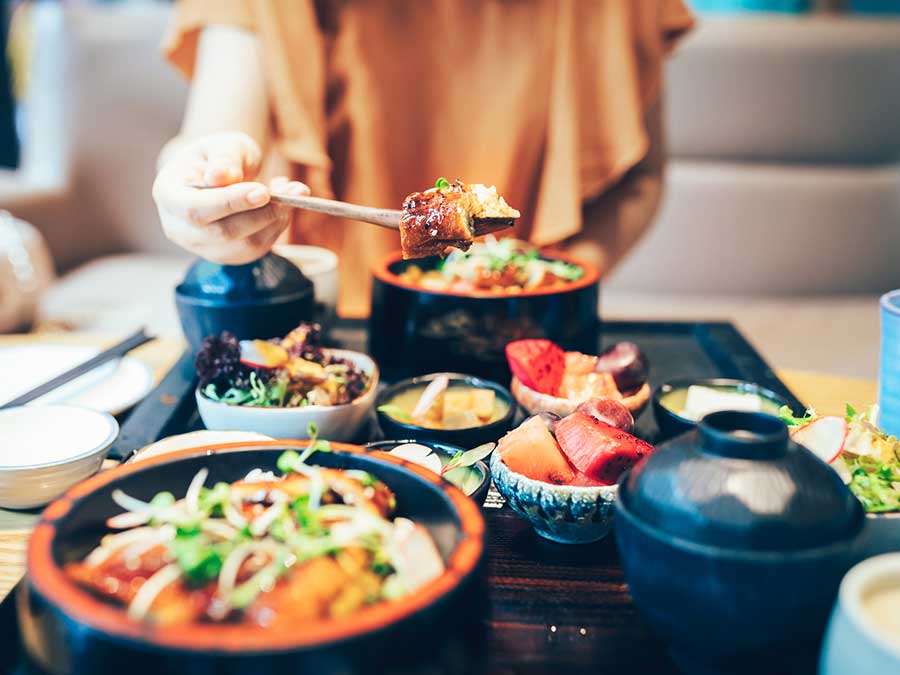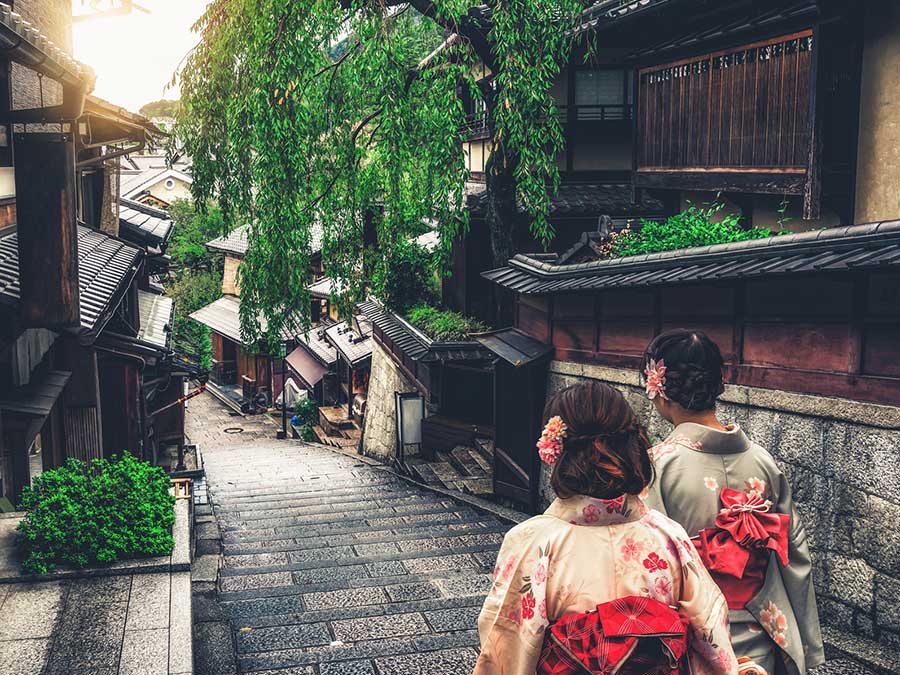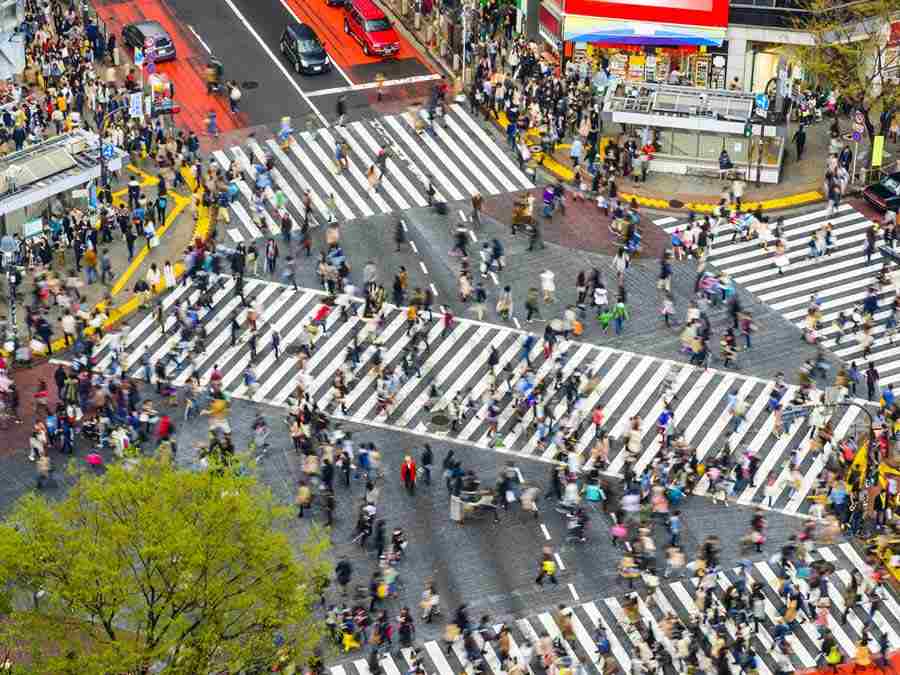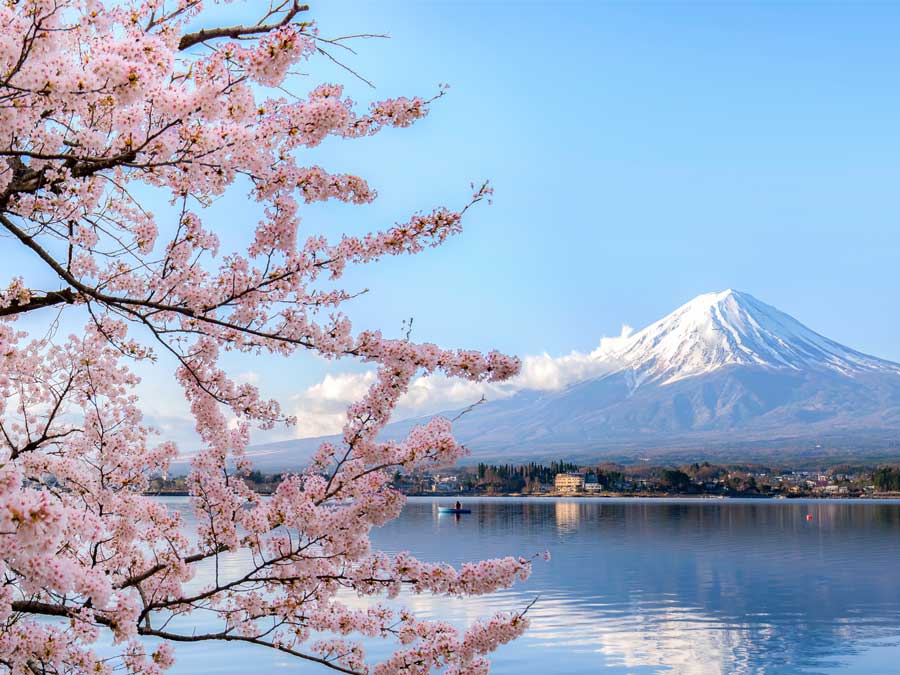
Health and medical care in Japan
It would be hard to find a safer place to visit than Japan. At its core, it’s a society that is law abiding and respectful. The country has high standards of water and food quality, as well as a modern and efficient healthcare system that is readily available in most areas of the country.
It can be difficult communicating if you don’t speak Japanese but the friendly and accommodating nature of the people usually perseveres.
We have compiled some handy tips for travellers so that you get the best healthcare, or even better, avoid any medical issues in the first place.
Vaccinations
If you’re up-to-date with all your routine immunizations, there are no special vaccinations you will need before your trip to Japan. However, it’s always best to consult your doctor on what medicines or vaccinations you might need based on where you are going, how long you are staying, and what you will be doing.
Because of the large numbers of people living in close proximity, there is a chance you could catch a cold or flu, so you might consider a flu vaccination before travelling, if you haven’t already had your annual booster.

Hygiene
In general, the water quality and food hygiene is very good, so there’s no need to take any extra precautions than you would at home. A restaurant won’t stay popular for long if the food isn’t clean, so if you’re in doubt about food hygiene, try choosing a busy café or restaurant.
With so many people living in close proximity it’s no surprise that good hygiene has become a national obsession for Japan. In fact, you’ll often see people wearing face masks to avoid passing on their germs to others.
Washing your hands regularly and using hand sanitiser will help to prevent you from getting sick and needing your own face mask. If you do get sick, however, make sure you seek medical attention, especially if symptoms continue for three days or if you have a temperature that continues to rise.
Hospitals
Hospitals and specialist medical clinics are widespread throughout Japan, and it’s common for people to visit hospitals for minor ailments, such as colds and flu. Some doctors are reluctant to treat foreigners outside of their healthcare system. You can usually overcome their reluctance by having a copy of your travel insurance certificate as proof of care.
If you’re confused about what facility to visit, it’s worth asking the manager or concierge at your hotel if they can recommend a hospital, preferably with an English-speaking doctor.

What to do in an emergency
If you need an ambulance and you don’t have anyone who can translate for you, call 119 and say ‘kyukyusha onegai-shimasu’ (‘ambulance, please’) and clearly say your name and location to the operator. Use our Japan phrasebook to help you with your pronunciation of Japanese words.
Once you reach the hospital, you may be required to provide proof that you have travel insurance before you are treated. Keep a copy of your policy number on your phone or in your day bag, in case of an emergency.
Be prepared
Keep a list of your prescription medications and known medical conditions in a handy place in case of an emergency. This will be one of the first questions you will be asked by medical professionals.
How we can help
If you require medical care or incur medical expenses overseas that are likely to exceed $2,000, you or someone acting on your behalf will need to contact Southern Cross Emergency Assistance for prior approval as soon as possible on +64 9 359 1600.
We will be able to review your claim, organise emergency evacuation if necessary, provide the hospital with a payment guarantee so you don’t have to pay up-front (subject to you meeting the terms and conditions of your policy), and keep your family back home informed of your situation. Keep hold of your receipts and any doctor’s notes as we will need to see these alongside your claim.
If you need to visit a GP for a minor medical reason, you don’t need to contact Southern Cross Emergency Assistance. Instead, simply pay your account and claim.
If you need specialist treatment (including physiotherapy and chiropractic treatment) you must get a referral from a registered medical practitioner.

Medication
If you are taking medication with you, make sure you have enough for your entire journey. You should also take a prescription or doctors note with you to prove that the medication has been prescribed to you, otherwise it might be confiscated by customs.
It’s important that your medication is in its original packaging so that the authorities can confirm that it matches your prescription.
Some prescription drugs may be illegal in Japan so if you plan to take any with you, contact Japan’s embassy to check whether you can bring your medications with you.
Before you go
Many of our claims are for medical problems or delays caused by medical problems.
If you are feeling unwell before you leave home, make sure you see a doctor. They can give you a professional recommendation on whether or not you should be travelling.
If there are any changes to your medical conditions, or a new illness or injury arises before you depart for your trip, please email us at info@scti.co.nz so we can make sure you’re still fully covered.
Health warnings
You can keep up-to-date on any global health warnings through the World Health Organisation website. A large section of their website is dedicated to the precautions you should take when travelling, from bird flu warnings to the safe area around Fukushima nuclear power plant.
Safe Travel also provide advice on medical care in Japan, and allow you to register your travel and contact details in the event of an emergency.
Common claims
The common cold
Japan currently has over 127 million people and only 377,944 km2 of land, so it’s no wonder that claims for a cold and flu are common. Good personal hygiene is probably your best defence. Simply washing your hands regularly and not touching your face will do a lot to prevent illness. You could also carry a small bottle of hand sanitiser that you can use when you’re on the go.
Gastro
We get a lot of claims from travellers that have suffered gastro problems in Japan. This can be due to the exotic nature of the Japanese food. If you are new to Japanese cuisine, take it in little steps. Start with cooked food before moving on to the raw options.
The content of this article is general and provided for information purposes only. Southern Cross Travel Insurance (SCTI) doesn’t guarantee or warrant the accuracy, completeness or currency of the articles.
This article may contain hyperlinks to other websites owned or operated by third parties, or references to third party products or services. SCTI isn’t responsible for, and makes no recommendation about, the content or accuracy of any third party website, or for the suitability or performance of any product or service. The inclusion of a link in this article doesn’t imply that SCTI endorses the website or third party product/service.





